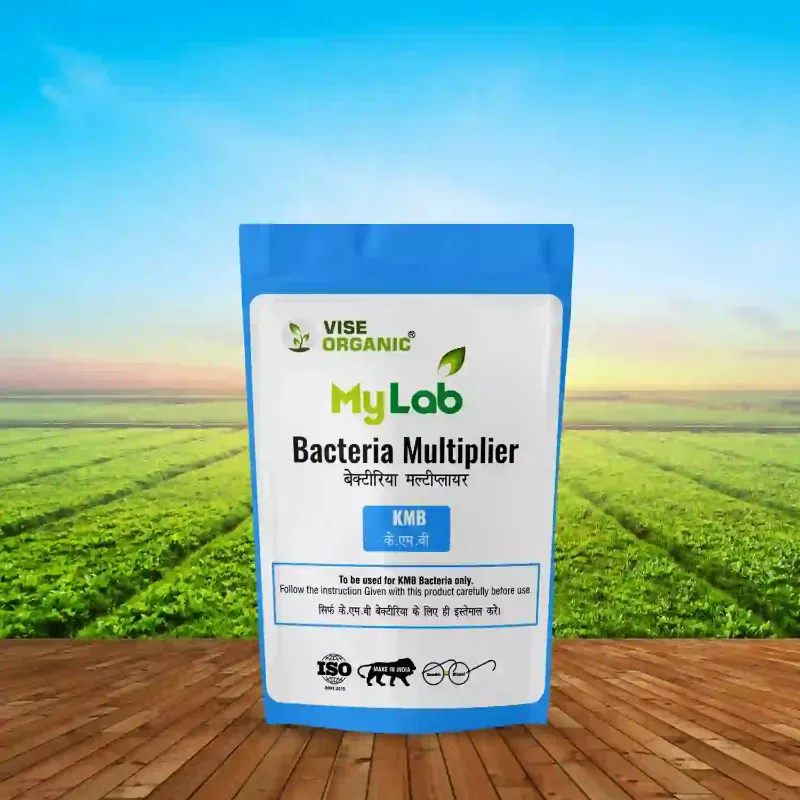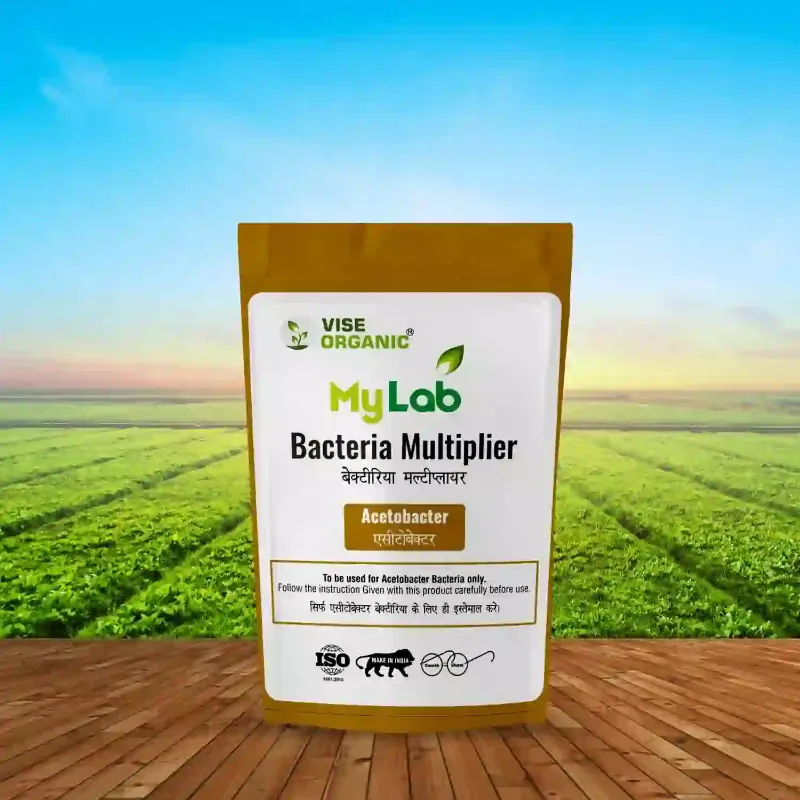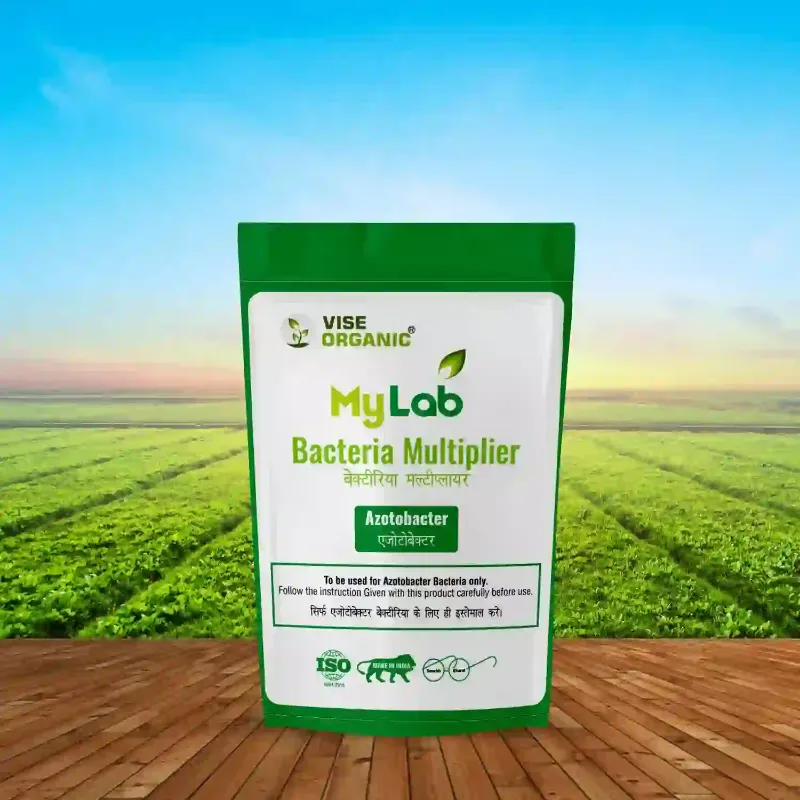Phosphorus solubilizing bacteria (PSB) play a crucial role in agriculture by enhancing the availability of phosphorus (P) in the soil for plant uptake. Phosphorus is an essential nutrient required for various physiological processes in plants, including energy transfer, photosynthesis, and root development. However, phosphorus is often present in the soil in insoluble forms, which are not readily available to plants. This limitation can negatively impact plant growth and productivity.
Phosphorus solubilizing bacteria work by employing several mechanisms to make phosphorus more accessible to plants:
- Phosphorus Mineralization: PSB have the ability to mineralize organic phosphorus compounds present in the soil, converting them into soluble forms that plants can readily absorb. These bacteria produce enzymes such as phosphatases that break down organic phosphorus molecules into simpler forms.
- Phosphorus Mobilization: Some PSB can produce organic acids (such as citric, gluconic, or oxalic acid) and other compounds that can solubilize insoluble phosphorus compounds in the soil. These organic acids chelate metal cations that bind phosphorus, releasing it into the soil solution and making it available for plant uptake.
- Phosphorus Fixation Reduction: PSB can also reduce the fixation of phosphorus in the soil by promoting the release of bound phosphorus through microbial activities or by altering soil pH, which affects the availability of phosphorus.
- Indirect Effects: PSB can also indirectly influence phosphorus availability by enhancing soil microbial activity and organic matter decomposition, which releases more phosphorus into the soil.
By enhancing phosphorus availability, PSB contribute to improved nutrient uptake by plants, leading to enhanced growth, yield, and overall plant health. Farmers can use PSB as biofertilizers by applying them to the soil or as seed treatments, thereby reducing the need for chemical fertilizers and promoting sustainable agricultural practices.






















